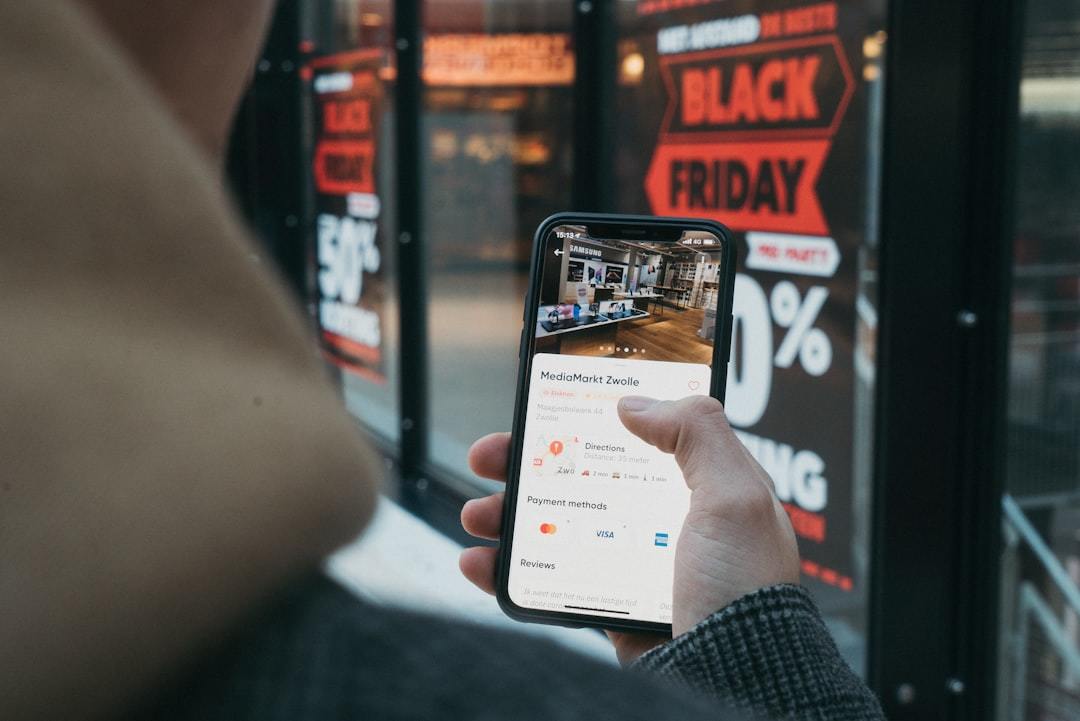As an ecommerce founder, you know the landscape changes quickly. What worked last year might not work this year. Staying ahead in 2024 means understanding ecommerce trends, but also choosing the right trends for your ecommerce business. This is about focusing on impactful trends, not chasing every fad.
Table Of Contents:
Riding the Wave: Essential Ecommerce Trends 2024
It’s an exciting time for ecommerce. Artificial intelligence is transforming customer interactions. Augmented reality (AR) is offering an innovative shopping experience. Even payment methods have evolved with options like Afterpay. These ecommerce trends pose key questions for startup founders.
AI-Powered Personalization
AI-powered personalization offers more than product suggestions. It uses customer data to craft individualized shopping experiences, enhancing customer loyalty and driving social commerce success.
This reduces cart abandonment by offering immediate assistance. AI also expedites new product launches and ad copy creation, especially with automation tools like Jasper.ai and Canva.
To further explore AI’s power in ecommerce platforms, check out Ben Zettler, a Shopify expert on AI for Shopify Brands.
Augmented Reality (AR): Bridging the Online-Offline Gap
AR bridges the gap between in-store and online shopping experiences. It lets customers experience products virtually, increasing buyer confidence and minimizing return rates. Imagine trying on shoes with your phone’s camera, enhancing customer experience with virtual try-on solutions.
Tools like Perfect Corp let customers try products virtually. This visualization boosts sales by showing how products look in real-world environments.
shopping AR enhances the shopping journey across diverse product categories, transforming mobile shopping behavior and driving online sales growth. AR minimizes uncertainty by offering a glimpse into real-world applications, boosting customer satisfaction.
In-App Shopping: Meeting Customers Where They Are
In-app shopping takes place directly within popular apps like TikTok and Instagram. Instead of redirecting users, they shop seamlessly within their preferred platform, maximizing online sales potential.
This convenient feature encourages purchases from relaxed app users. Companies gather data from in-app shoppers to understand customer preferences, improving personalized recommendations.
They also collaborate with app developers to explore emerging opportunities. For more on current tech advancements, read about SaaS trends for 2024. The increasing use of SaaS platforms underpins this shift towards seamless integration and in-app functionality.
Flexible Payments: Removing Purchase Barriers
Flexible payment options simplify checkout processes. Digital wallets and services like PayPal and ApplePay offer convenient alternatives to traditional credit cards.
According to McKinsey’s insights, consumer behavior shifts during economic downturns. Offering flexible payments helps a wider range of customers access desired products regardless of budget constraints. This creates personalized customer service experiences and builds trust.
Sustainability: Aligning Values and Actions
Consumers value brands that align with their ethics. Sustainability encompasses an organization’s values, from employee treatment to eco-friendly shipping materials. When organizations prioritize the planet, customers notice.
This shift often influences purchasing decisions toward eco-conscious choices, showing that customer loyalty is tied to sustainability efforts. For more insights on this topic and other ecommerce trends, see this helpful resource on ecommerce trends. With increasing buyer awareness, data security becomes paramount. Businesses need to strengthen their security measures and safeguard customer data. This approach builds trust and fosters customer loyalty.
| Trend | Impact on Startup Founders |
|---|---|
| AI-Powered Personalization | Creates personalized experiences, automates content, and reduces costs. |
| Augmented Reality (AR) | Enhances shopping by letting customers visualize and try products virtually. |
| In-App Shopping | Increases engagement, streamlines buying, and provides data insights. |
| Flexible Payments | Reduces barriers by offering financing options like buy now, pay later and digital wallets. |
| Sustainability | Increases brand loyalty by catering to environmentally conscious consumers. |
Which ecommerce trends matter most now? For busy startup founders, it’s crucial to find cost-effective strategies with significant returns.
In-app shopping and AI personalization offer that early-adopter advantage. Flexible payment options cater to a broader customer base. AR reduces return rates and excites shoppers about your product.
Embracing sustainability initiatives elevates a brand’s value by demonstrating care for customer needs and the environment, aligning values with actions.
Conclusion
As consumers become more discerning, your marketing techniques must adapt. Effective leadership and a skilled team are essential to capitalize on strategic opportunities and deliver value to stakeholders.
Staying informed about ecommerce trends allows businesses to adapt to market shifts. This adaptability is key for both startups and established brands in the dynamic ecommerce market.
Ecommerce trends can feel unpredictable. Staying informed helps make strategic investments and optimize efforts for maximum return.
Prioritizing these key areas can drive growth for startup founders and established brands, ultimately maximizing ROI and customer satisfaction. For brick-and-mortar retail brands looking to enhance their online presence, understanding local SEO trends in 2024 is equally vital. These trends allow brands to automate crucial marketing functions and enable businesses to tap into local markets more effectively.
Subscribe to my LEAN 360 newsletter to learn more about startup insights.





